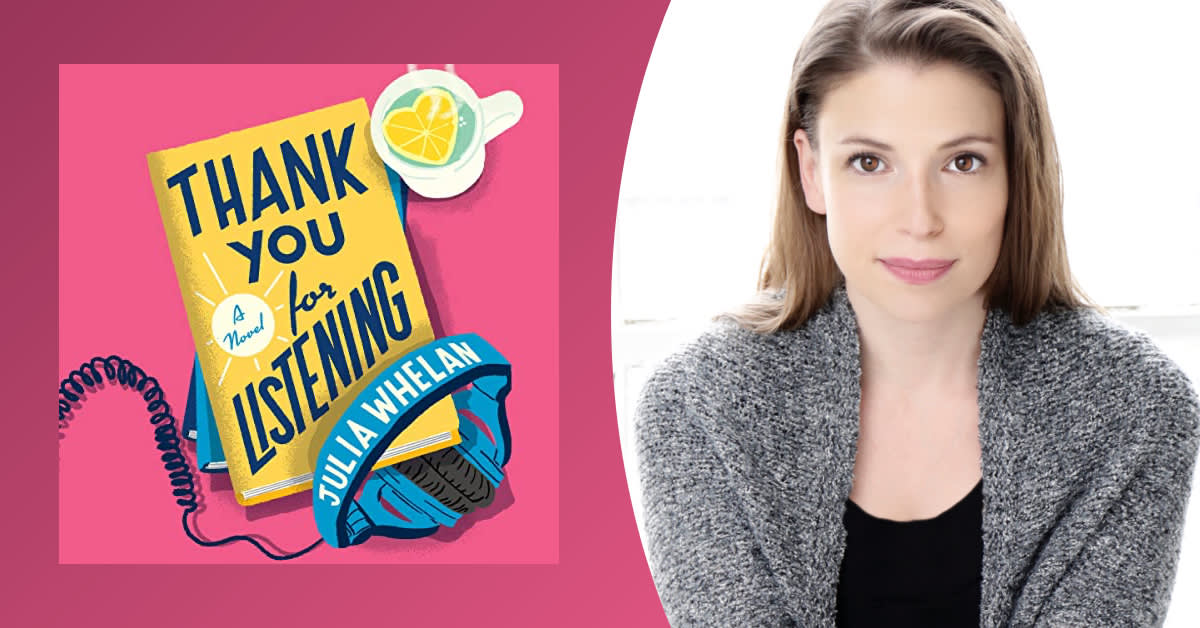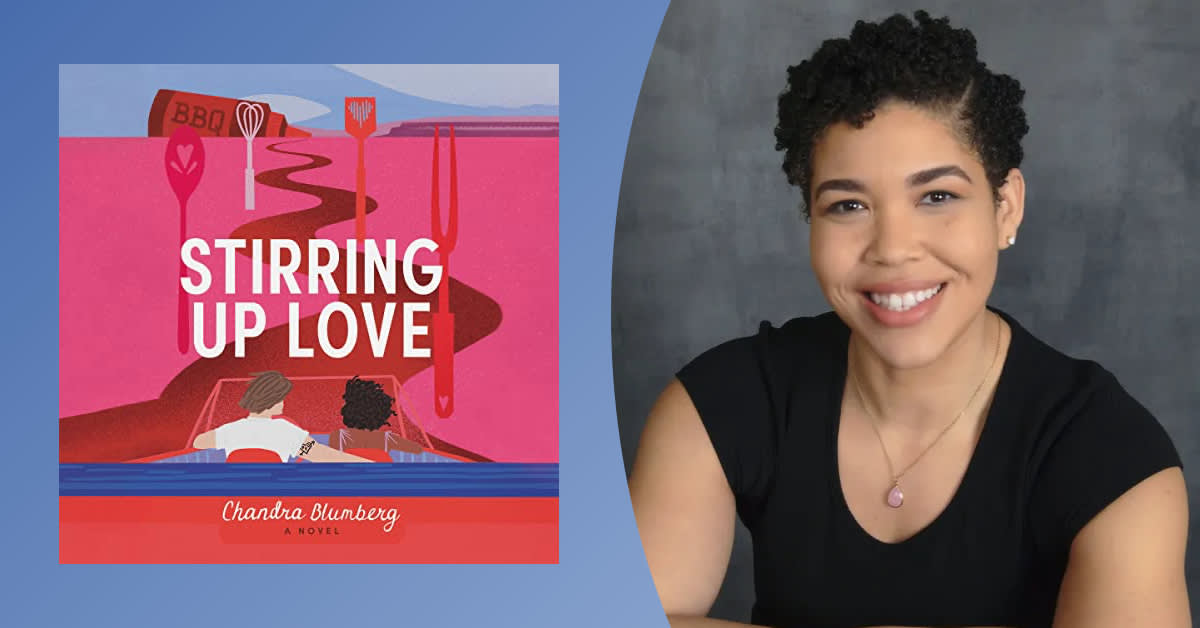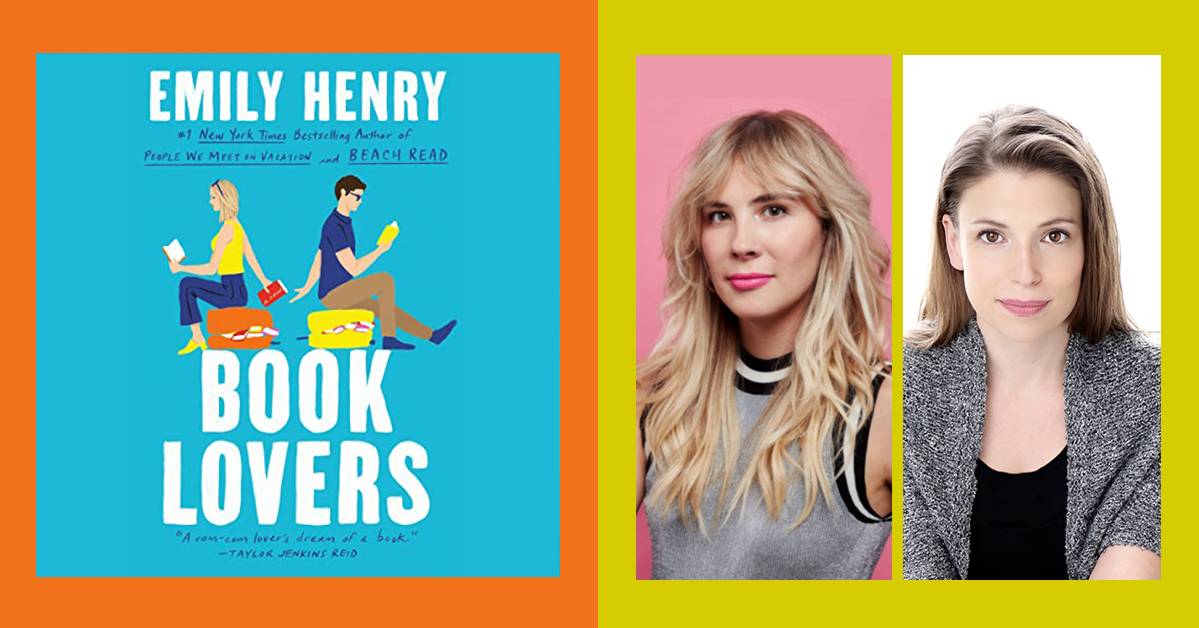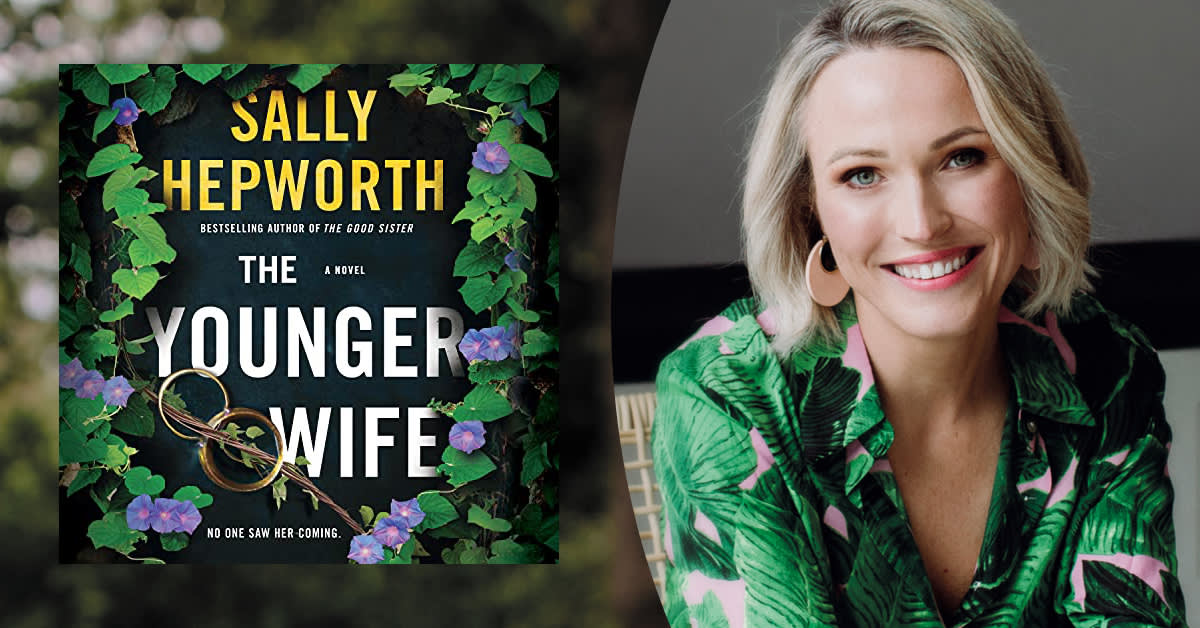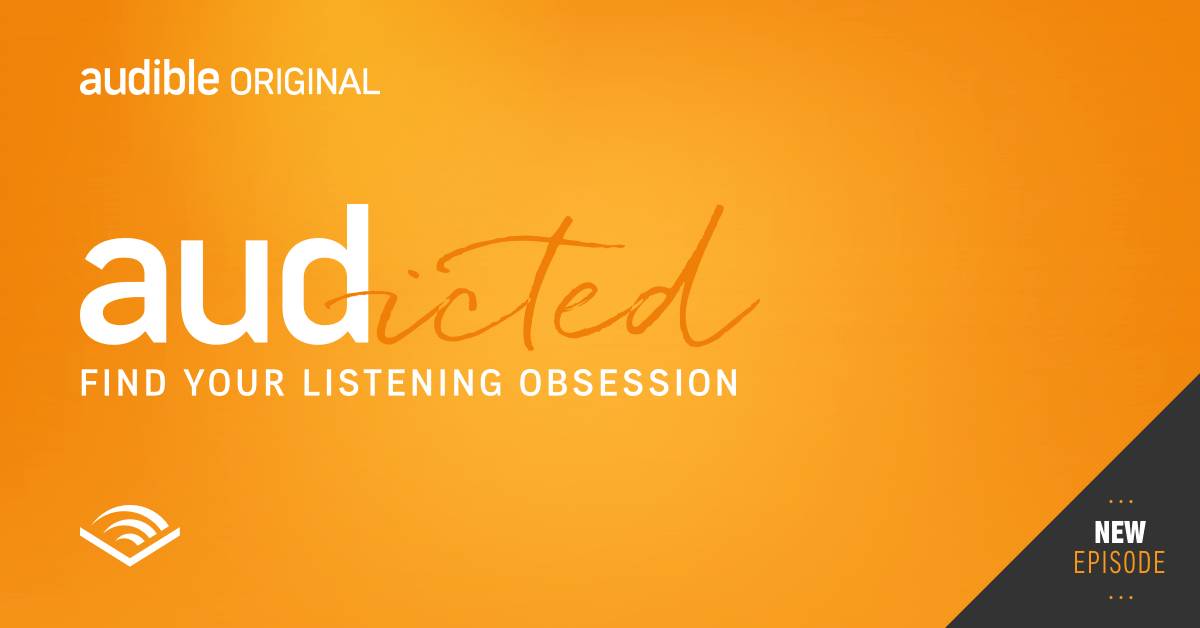The multihyphenate and Audie Award–winning Julia Whelan once again pulls double duty as writer and performer, this time with her sophomore novel, Thank You for Listening. Whelan opens up about the meta experience of recording this rom-com with an audiobook narrator as the heroine, trusting her instincts as a writer, and the tea sommelier career that almost robbed us listeners of some iconic performances.
Audible: Thank You for Listening is a very meta experience! Did the lines blur at all between fact and fiction as you were writing?
Julia Whelan: I consciously kept any personal facts out of the book because I had a hunch most people would probably assume it was autofiction, so I was trying to minimize direct parallels. But in order to properly expose readers to the world of audiobooks, I had to include certain experiences that are universal to all narrators: the fun parts of the job, the stressful parts, the plain ol’ weirdness of it sometimes. That said, I don’t think I realized just how meta the novel is until I was recording it. For instance, narrating a recording scene in which I was playing my two main characters who were playing two other characters while talking about what it’s like to record a scene ... that was a joyful, Ouroboros fever dream.
As both the author and the narrator of the novel, did you find yourself editing your work once it was time to perform?
I had that experience very keenly while recording my first novel, My Oxford Year. The impulse to edit had less to do, I know now, with perfectionism, and more to do with debut-author imposter syndrome rearing its ugly head. But with this one, I read it aloud at every editorial stage so that I could hopefully avoid that experience the second time around. And it worked! Thank You For Listening was a pleasure to perform. The challenge was figuring out how to adapt some tricky textual components for the listener (e.g., text and email exchanges, the hero’s “narrator” voice, etc.). I’d considered it all abstractly beforehand, but I couldn’t really know the best approach until I was in the flow of the story, performing it, putting myself in the listener’s place.
“In order to properly expose readers to the world of audiobooks, I had to include certain experiences that are universal to all narrators: the fun parts of the job, the stressful parts, the plain ol’ weirdness of it sometimes.”
As a beloved rom-com narrator and author, we need to know: What’s your favorite romance trope?
Is all of them a viable answer? No? OK, then I’m a particular sucker for “kissing lessons.” You know: a bluestocking suddenly finds herself needing to seduce a wealthy duke, but she doesn’t know how, you see, so she asks some rakish marquis with his own ulterior motive to teach her the art of seduction. A classic. Sign me up.
On a recent episode of Audicted, you mentioned that you’re a tea sommelier. What does that entail?
It simply means I’m certified to do with tea what wine sommeliers do with wine. In my training, I learned about different varietals, their origins, cultivations, how best to prepare—and even pair—them. Before my audiobook career took off, I was starting a business creating tea menus for restaurants and teaching the staff how to best steep and serve each tea (something we’re woefully bad at in this country). But I couldn’t narrate and write and act and run a business. So now it’s just a thing I enjoy that I used to know too much about.
You also shared that you pair a tea with each audiobook that you’re working on. What tea did you pair with Thank You for Listening?
At the time of recording, I was in the process of creating a specific tea blend to represent the book, for promotional purposes. (I did this for My Oxford Year too: a strong English Afternoon Black with notes of Irish Cream and chocolate that I named Staircase 8). This one is a riff on the main character’s signature cocktail, “The Last Word.” So while I was recording, I was sipping on different experiments, trying to lock in the right combination. Which actually worked with the structure of the book: a different attempt for each section. By the time I was done recording, I’d figured out the formula.
